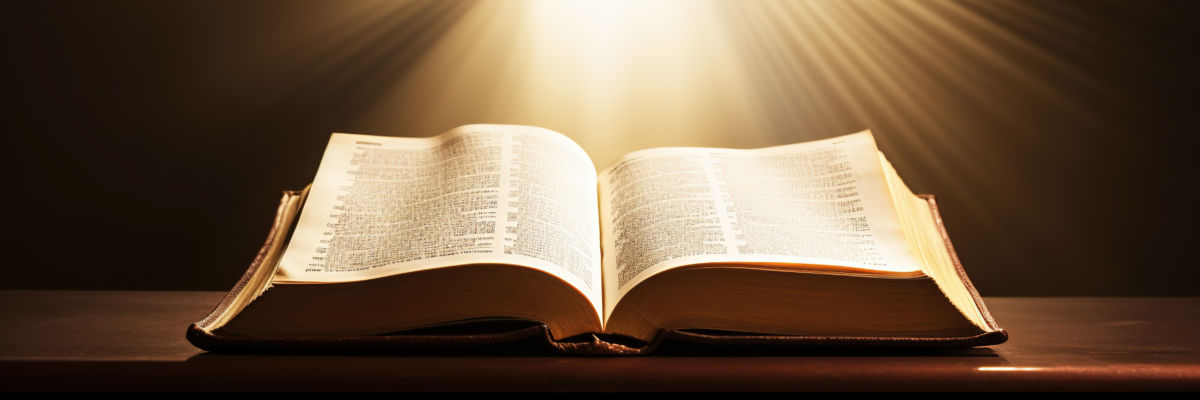
Psalm 91 says that the one “who dwells in the shelter of the Most High, who abides in the shadow of the Almighty, will say to the Lord, ‘My refuge and my fortress; my God, in whom I trust.’”
It’s a powerful and profound psalm asking for God’s protection.
But will the psalm itself protect you?
Some people are saying that this psalm has unusual protective abilities. And that you should leave your Bible open to it if you want protection. But is that true—or is this a matter of superstition?
The answer is that we need to approach this psalm in a balanced way.
The Catechism of the Catholic Church says that superstition “can even affect the worship we offer the true God, e.g., when one attributes an importance in some way magical to certain practices otherwise lawful or necessary.”
The Catechism says, “To attribute the efficacy of prayers or of sacramental signs to their mere external performance, apart from the interior dispositions that they demand, is to fall into superstition” (CCC 2111).
So if you think that Psalm 91 is a magical text that will somehow protect you all by itself, that would be superstition.
It’s also superstition if you think leaving a Bible open to Psalm 91 will somehow protect you.
But that doesn’t mean you can’t pray Psalm 91 for protection.
After all, it is a prayer.
So if you pray Psalm 91 and ask God to protect you, that’s just fine. Because it’s God that you’re asking for protection. It’s him that you’re putting your trust in—not the words of the psalm.
In the same way, if you want to leave a Bible open to Psalm 91 as a kind of enacted prayer—
Like saying to God, “O Lord, please look down on the words of this psalm. They are my prayer to you. Please protect me.”
Then you are again asking God for protection and trusting in him to provide it.
This doesn’t mean that you’ll be protected from any and every danger.
God allows us to face difficulties in life.
As St. Paul says in Acts 14:22, “It is necessary for us to undergo many hardships to enter the kingdom of God.”
But we can also trust God to help us get through those hardships.
He will guide us, he will protect us, and he will make sure that we arrive in heaven at the end.
But it is in him that we need to put our trust.
Not in a particular set of words—including the words of Psalm 91.
So don’t trust in words.
Trust in God.
He loves you.



